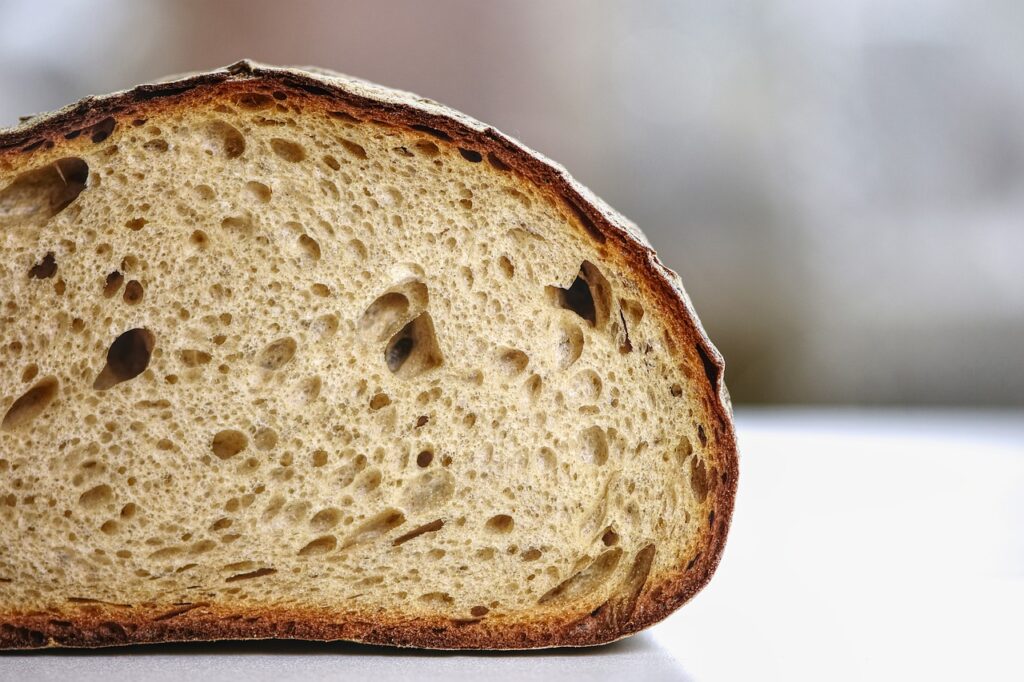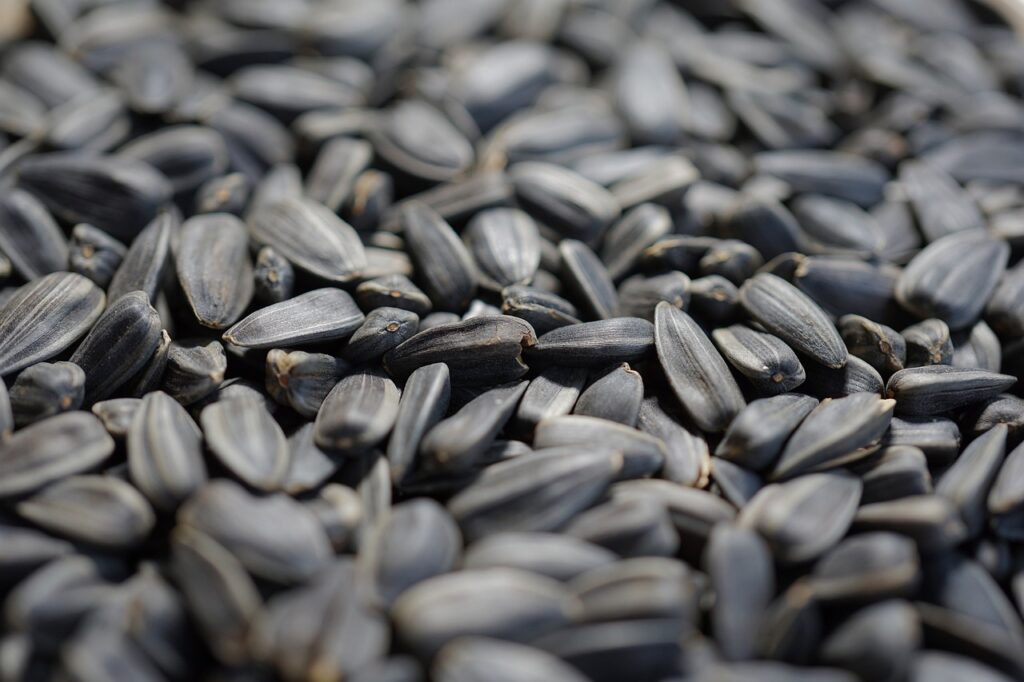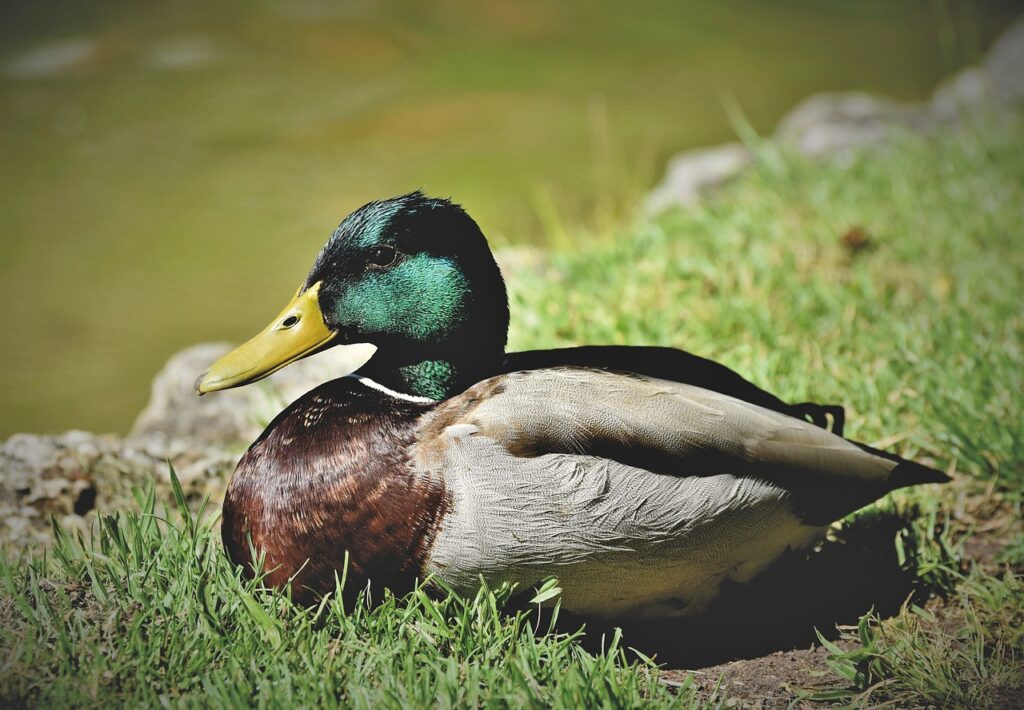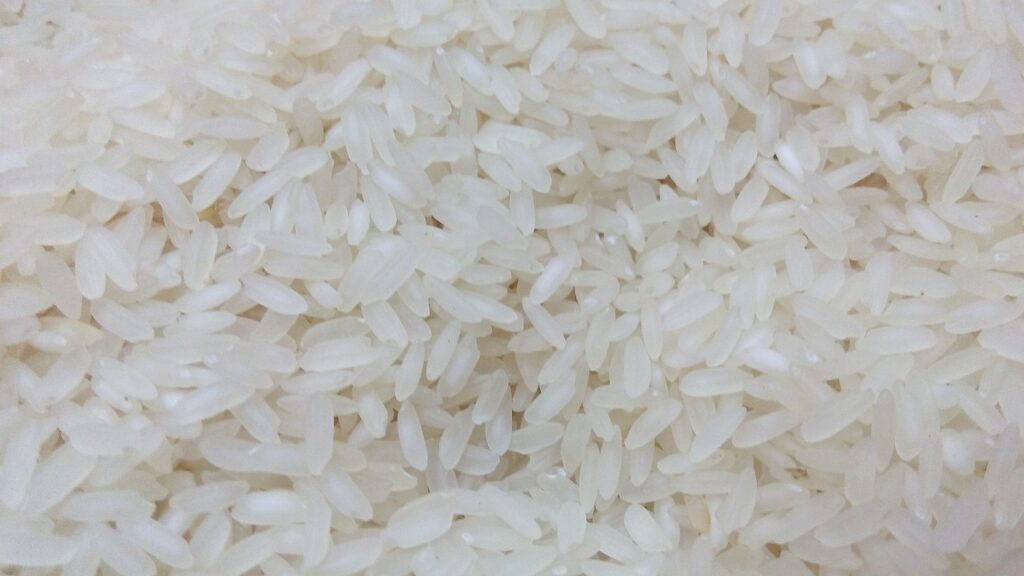Education
It's time to take responsibility
Feeding wildlife can be a very enjoyable activity to do while out exploring nature or taking walks with friends and family however, we never really stop to think if what we are feeding wildlife is actually good for them or not. Of course any food is better than no food, but some foods have become the standard such as bread which has low nutritional value. Foods like this can actually harm wildlife instead of helping them, especially if they become dependant on the public as their primary food source. By just taking a moment to think of what they may need in their diet, and choosing a much healthier and nutritional alternative, we can positively impact our feathered friends lives.

Why You Should Not Feed Bread To Birds
Bread was by far the most popular choice of food offered to wild birds, making up two-thirds of the total. Most people feed birds so as not to waste bread or meal leftovers, but for birds, it's actually the worst option. The nutritional value of bread is not a good match for the needs of wild birds. It's deficient in amino acids, fatty acids and several vitamins and minerals, but full of carbohydrates and salt – all the stuff birds don't need and little of what they do. If birds are overwhelmingly eating bread instead of natural options, it could lead to health problems. In many ways, this is unsurprising. Just imagine how you would feel if your diet only consisted of bread. As your new year's resolution, avoid bread when feeding the ducks.

Seeds And Nuts
Bird seed is one of the best options, but only in limited amounts – which goes for all the food in this list. Ducks should predominantly eat greens from their own environment, like grass, as well as small fish, and frogs – everything they'd usually have no trouble finding in a pond. Still, seeds and nuts are a good choice because of their high nutritional value. They're rich in fat with a high level of essential fatty acids, which means it's wise to only feed birds with small amounts of seeds and nuts.

Fruit And Vegetables
Vegetables, such as sweetcorn, lettuce and peas, and fruit, including apple and banana pieces, are great as a source of fibre and water. But they also provide essential vitamins. The downside is that large quantities can cause stomach upset, especially fruit, but also vegetables high in carbohydrates, like carrots. Try to balance small amounts of these with seeds and nuts.

Rice
Rice, both cooked and uncooked, isn't a bad choice. It provides a good source of energy but is quite low in nutritional value. Feeding birds with large quantities of rice can result in deficiencies in other nutrients. It's also important to only give plain rice – never seasoned or fried rice. Giving lots of uncooked rice can give ducks a sore stomach because it reacts with water in their gut. Uncooked rice is perfectly safe in small doses though – in spite of what urban myths might tell you.

